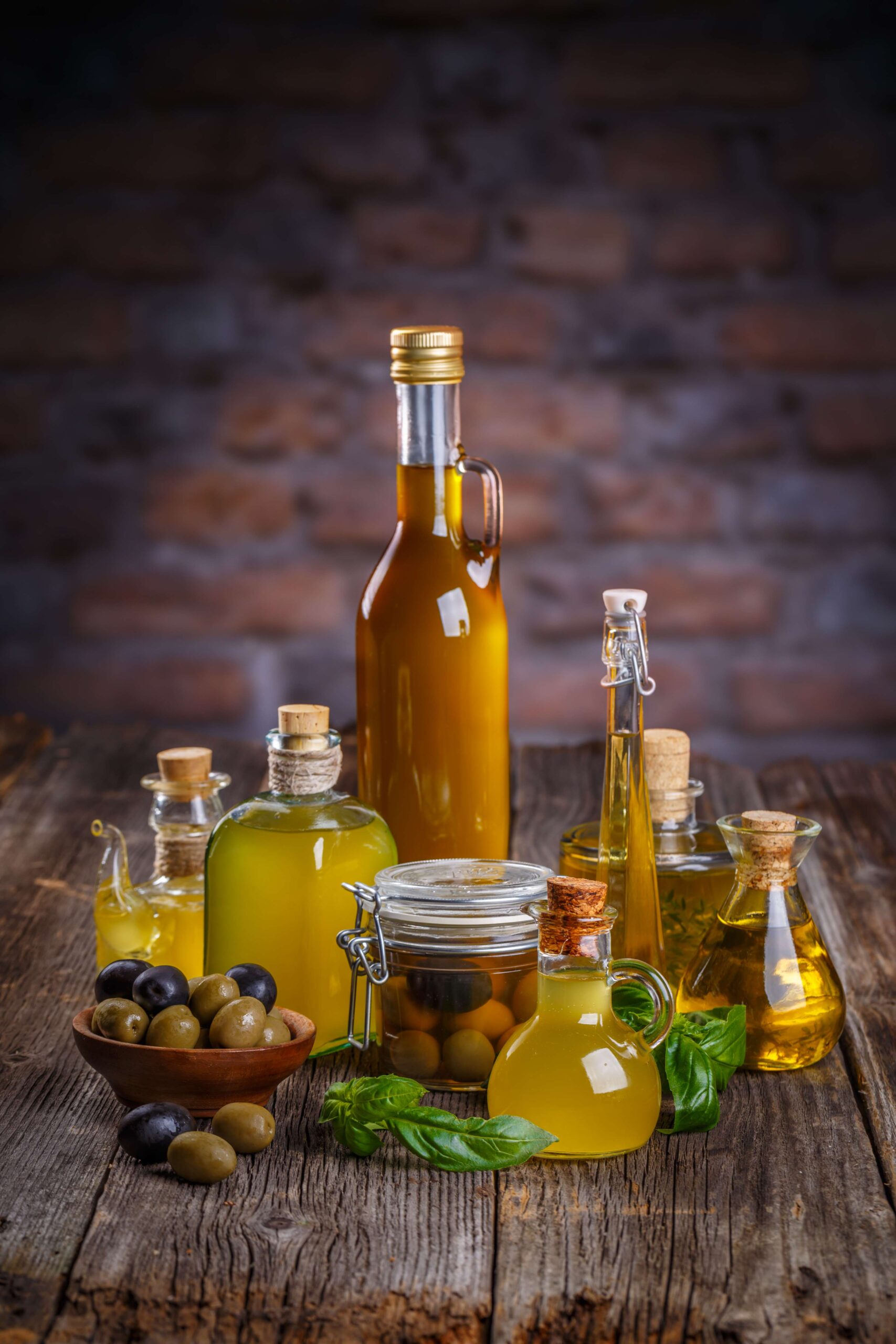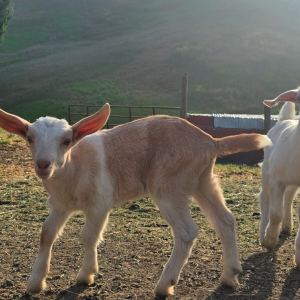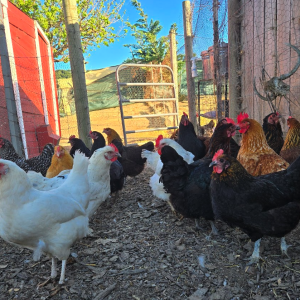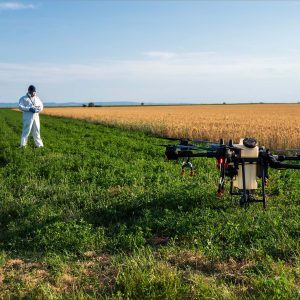Olive Oil: At the Crossroads of the Past, Present, and Future
Olive oil is more than a culinary staple—it is history in a bottle, science on a plate, and the future of nutrition and sustainability. It is an ingredient woven into the fabric of human civilization, from the ancient groves of Mesopotamia to modern kitchens and laboratories. Having stood the test of time, olive oil has evolved from a sacred elixir to a global superfood and a beacon of sustainable agriculture and innovation.
As we stand at the crossroads of past, present, and future, olive oil remains a symbol of resilience, adaptability, and timeless value.
The Past: An Elixir of Civilization and Tradition
A 6,000-Year-Old Legacy
Olive oil’s origins trace back 6,000 years to the Mediterranean, where the Phoenicians, Egyptians, Greeks, and Romans cultivated olive trees as a gift from the gods.
- In Ancient Egypt, olive oil was used in burial rites and medicine, believed to offer divine protection.
- In Greece, it was the nectar of the gods, used to anoint athletes, fuel sacred flames, and serve as currency.
- In Rome, it became a global commodity, with vast trade networks exporting olive oil throughout the empire.
- In the Bible and Quran, olive oil was revered as a symbol of peace, purity, and divine blessing.
For centuries, it fueled lamps, healed wounds, and enriched diets, becoming not just food but a cultural and spiritual cornerstone.
Tradition and Culinary Heritage
- The Mediterranean diet, based on olive oil, grains, and fresh produce, has endured for thousands of years, shaping the world’s healthiest cuisines.
- In Spain, Italy, and Greece, generations have perfected the art of olive oil extraction, passing down secrets of pressing and storage.
- Across the Middle East and North Africa, olive oil remains a symbol of hospitality, drizzled over bread, hummus, and slow-cooked stews.
But as the world changed, so did olive oil—shaped by industry, technology, and global trade.
The Present: A Scientific Marvel and Culinary Superfood
The Age of Discovery: Science Validates Ancient Wisdom
In the 20th and 21st centuries, science caught up with tradition, confirming what ancient civilizations had always known: olive oil is a miracle food.
- Heart Health: Rich in monounsaturated fats, olive oil reduces bad cholesterol (LDL) and improves cardiovascular health.
- Longevity and Brain Function: Studies show it helps prevent Alzheimer’s disease and cognitive decline.
- Anti-Inflammatory Properties: Contains oleocanthal, a compound with similar effects to ibuprofen, fighting inflammation.
- Gut and Immune Health: Supports good bacteria, aiding digestion and immune function.
- Cancer Prevention: Rich in antioxidants, olive oil helps combat oxidative stress and reduce cancer risks.
The Culinary Renaissance
- Chefs worldwide are reimagining olive oil, infusing it into desserts, cocktails, and gourmet dishes.
- Extra Virgin Olive Oil (EVOO) is now a marker of quality, authenticity, and purity, sparking competitions and tastings like fine wine.
- Organic and single-origin olive oils are leading a movement toward ethical, sustainable, and artisanal production.
Yet, the olive oil industry faces challenges—from climate change to fraud—prompting a revolution in technology and sustainability.
The Future: Innovation, Sustainability, and New Frontiers
Climate Change and the Future of Olive Groves
As temperatures rise, olive trees face drought, soil erosion, and unpredictable harvests. Scientists and farmers are responding with:
- AI-Powered Precision Farming: Smart irrigation and sensors optimize water use.
- Genetic Research on Climate-Resilient Olives: New olive varieties can withstand extreme heat.
- Regenerative Agriculture: Farmers are reviving ancient techniques like crop rotation and soil enrichment to restore biodiversity.
The Tech Revolution: From Blockchain to Biotech
- Blockchain Authentication: Ensures olive oil purity, preventing fraud and mislabeling.
- Lab-Grown Olive Oil: Scientists are experimenting with cell-cultured oil to meet demand sustainably.
- Olive Oil-Based Biofuels: Researchers are exploring olive waste as a renewable energy source.
The Next Chapter: How We Will Use Olive Oil in the Future
- Personalized Nutrition: AI-driven diets will recommend olive oils tailored to individual health profiles.
- Functional Foods & Pharmaceuticals: Olive-derived compounds may become medical treatments for chronic diseases.
- Space Agriculture: Could olive trees be cultivated on Mars? NASA and agricultural scientists are studying how ancient crops like olives could be grown in extraterrestrial environments.
Conclusion: The Eternal Life of Olive Oil
Olive oil is not just food—it is history, health, and the future in a bottle.
It has nourished ancient civilizations, shaped modern science, and now stands on the cusp of a technological revolution.
As we move forward, the story of olive oil will continue to evolve, proving that some traditions are not only timeless but essential to humanity’s future.
From the sacred groves of the past to the smart farms of tomorrow, olive oil remains an eternal symbol of life, nourishment, and innovation.













